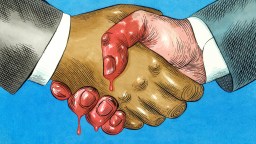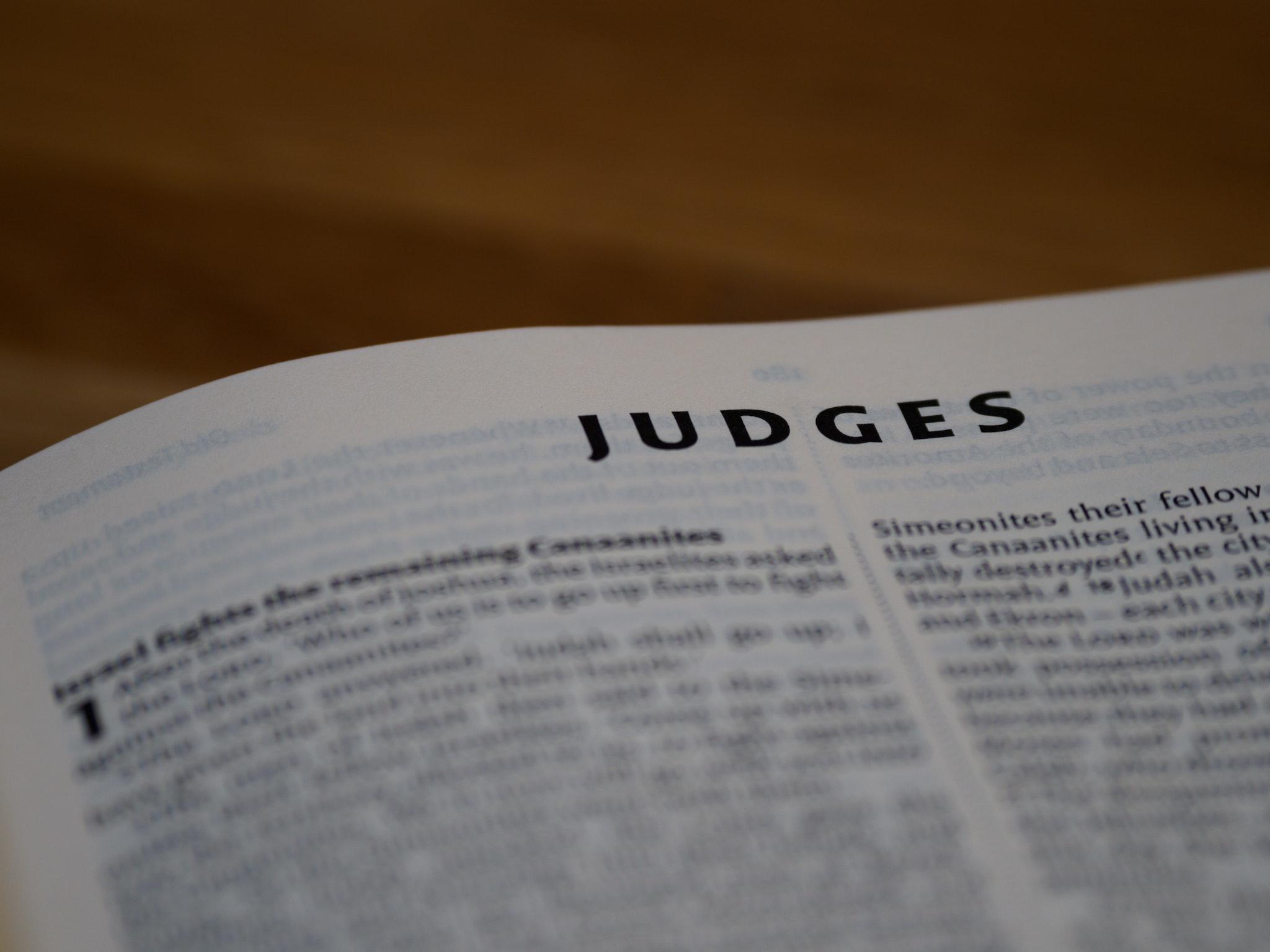America operates on two kinds of power: moral authority – through which citizens and members of the international community invest in the United States’ message of a better future – and military might – the stark opposite of morality, whereby presidents overreach their authority and breach sovereign territory to meet their own objectives. Barack Obama represented the tension between these ideals, espousing morality in speech while engaging the US’s military might in action. The country America wants to be is constantly being foiled by the country that America is. Journalist Jelani Cobbs asks: can America have it both ways? Is it noble to try, or merely hypocritical? Jelani Cobb is a staff writer at The New Yorker. His latest book is The Substance of Hope: Barack Obama and the Paradox of Progress.
Jelani Cobb is a staff writer at The New Yorker. His latest book is The Substance of Hope: Barack Obama and the Paradox of Progress.
Jelani Cobb: There’s the kind of power that comes from having military advantages and having a large army and weaponry and so on. There’s the kind of power that comes from having moral authority and having people invested in your cause – people believing that you are representative of somehow a better future in some ways. There’s a tension between those two kinds of ideals. There are people who point to the United States having this sprawling military empire and bases all around the world as the basis for American power and there are people who look at this as a kind of, excuse me, people who look at this as an example of a society struggling to be democratic, to operate and organize itself as a democracy.
At the beginning of his presidency and during the campaign Barack Obama relied more on the latter than the former. He famously when he was campaigning for senate seat in Illinois talked about his opposition to the Iraq war. He did say he wasn’t opposed to all wars, just dumb wars and he categorized this as a dumb war. But when he talked about the United States what he really dwelled on was the strength of the U.S. as an example. Which was ironic but people then said that the people accused him of not thinking the United States was exceptional and not embracing the doctrine of American exceptionalism. And what he actually did was voice that doctrine but had kind of separated it from the chest thumping, djangoistic narcissism that we think of exceptionalism as.
When we look at the way his presidency has evolved it’s been a kind of complicated balance of that moral authority and then the military might. And you saw that transition immediately. Like early in his presidency when he used SEAL Team Six to take out the individuals in Somalia on the coast of Somalia who had kidnapped Americans.
For some people it seemed paradoxical for this person who had talked about hope and change to kind of use military might in that way. The people who also thought that kind of same idea about him and the approach they took to nullifying the threat that Osama Bin Laden posed by flying into the sovereign territory of another country and using the military to kill this person and remove him.
There is in an ideal world a way of using power that does not entail the oppression and exploitation of other people. I just don’t know how we get to that world. And in the context of that I don’t know what you prescribe in place of that.






